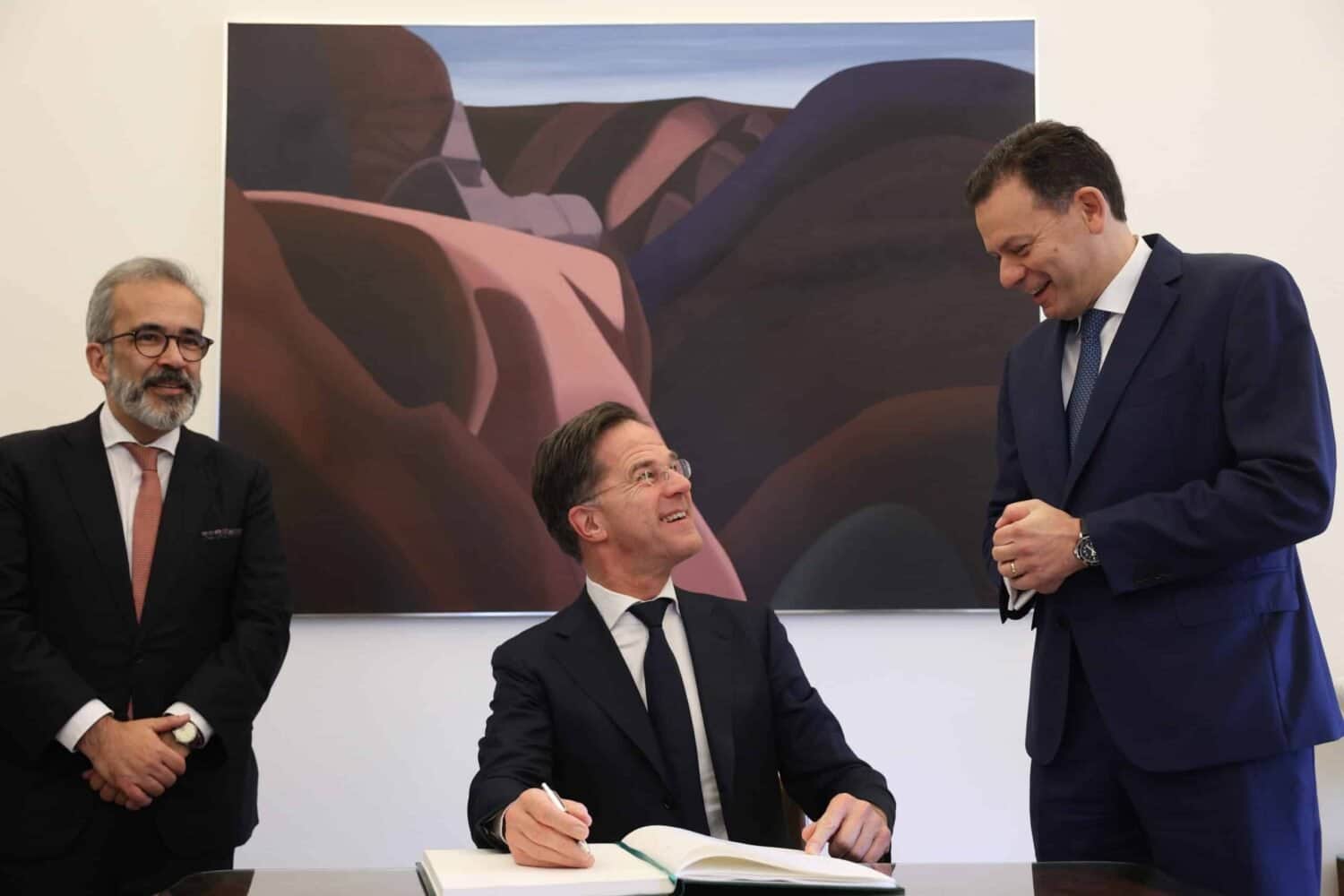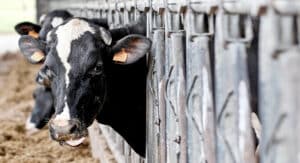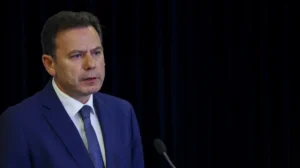NATO secretary general leaves Portugal ‘empty handed’
Monday saw a visit to Portugal of NATO Secretary General Mark Rutte who has told countries that if they don’t increase defence spending beyond the 2% of GDP set a decade ago, they may as well ‘start taking Russian language courses or move to New Zealand’.
Mark Rutte was on a mission, particularly targeting countries – like Portugal – that have not even reached the 2% threshold and have no plans for getting there as quickly as he would like.
His insistence that these ‘straggler nations’ need to ‘wake up’ fast does not appear to have had the desired effect, however – not yet, anyway. Prime minister Luís Montenegro repeated his recent commitment to ‘perhaps bringing the 2% target forward a little’ (the plan remains to finally get there only in 2029), making a point of stressing the government’s “convergence with the PS on this objective”.
The expression on Rutte’s face (and his words) showed this was not the answer he was hoping for – but then again, what played out in front of the cameras on Monday may well have been a ‘performance’: the government does not want to stir up left-wing dissent (any more than is already swirling over other issues in the public eye), and this is a subject that is likely to be decided at a much higher level in a few months’ time.
Reuters explains: “NATO allies will discuss whether they should raise the current 2% target at a summit in the Hague this summer, amid pressure from US President Donald Trump for NATO allies to raise defence spending to 5% of GDP – a target no NATO member currently meets.”
Thus, Portugal has those few months to play with – and months in politics, for a minority government fielding national ‘crises’, are precious.
Rutte went on from Portugal to visit Spain – another country that does not meet the 2% target and has no plans to do so before 2029 – and met with a very similar response. Indeed, Spain’s foreign minister José Manuel Albares did not even show Luís Montenegro’s willingness to ‘perhaps bring the 2% target forward a little’.
Again, all this must be seen through the prism of national politics (Spain equally has a minority government, potentially even less secure than Portugal’s).
The truth is much more likely that both governments accept that defence spending will have to increase but are waiting for the European say-so.
In between, we will have the ‘insistence’ (as we saw on Monday) that the government will do everything to maintain its positive financial balance, along with its welfare state.

As Lusa remarked: “Montenegro made a point of recalling that Rutte knows, like few others, how to recognise the effort that Portugal has made in recent years so that we are today in a financial situation of great stability and sustainability.”
The comment shows how the PSD has not forgotten that Rutte, when Dutch prime minister, was a “hawk on budgetary discipline when Portugal was in difficulties”, following the €79 billion bailout in 2011. The trouble with revolving doors is that they do occasionally catch people’s noses in them.
But bravado apart, Rutte’s visit did serve to underscore warnings that have been building up on the horizon for many months.
“The threats from Russia may seem distant, but let me assure you, they are not. Russian ships and long-range bombers menace the Portuguese coast. Portugal’s vital undersea infrastructure is squarely in Russia’s sights. And while we deal with the Russian threat, we must also address the challenges coming from the southern neighbourhood…”
All this has been mentioned both here (by military figures, including the presumed presidential candidate Admiral Gouveia e Melo) and abroad – the consensus being that if Europe is not in a position to properly defend itself by 2030, there could be disastrous consequences.
Developing a defence industry
The prime minister did use the press conference on Monday to re-impress the need to develop an industry for military equipment “so that Europe does not become dependent on external suppliers” and can itself become “more dynamic, generate more jobs and value”.
Luís Montenegro also harked to a notion voiced last week by President Marcelo Rebelo de Sousa that perhaps the percentage of defence spending should be taken on a European level, not by individual countries’ own spending. If it was, one could argue that Europe is already spending more than 2% of GDP (by dint of the fact that countries like Poland and the Baltic states are spending a great deal more than 2%).
However one looks at the picture, the reality is that defence has become the ‘burning geopolitical issue’ of the day, in spite of individual countries’ homegrown problems.
Expresso has stressed that “the revision of NATO’s targets will force a small country like Portugal to make a considerable effort. To reach 3% (the target more favoured by NATO), the Ministry of Defence’s budget would need to be increased by the equivalent of buying seven submarines a year (€3.4 billion). In this context, spending on the Portuguese Armed Forces would have to rise from the €3 billion forecast for 2025 to €6.4 billion a year (plus the €1.6 billion for the GNR and military pensions that NATO agrees to take into account). In other words, (spending would have to) more than double.
“These figures mean that Portuguese (citizens) would also have to double the amount they pay for the Armed Forces: if in 2025 each inhabitant will be contributing €283 to the defence budget, a target of 3% requires an additional effort of €320 per inhabitant – skyrocketing the per capita contribution to a total of €604.”
Put this starkly, it is not surprising that straggler countries are hedging their bets. Reading between all the lines and serious expressions, what seems most likely is that member states are waiting for the meeting in the Hague in the summer in the hope that a funding programme – a bit like the PRR (Plan for Recovery and Resilience) created to help countries recover from the Covid pandemic – will be created for defence. How Europe will manage to afford it is not immediately Portugal’s problem.
By NATASHA DONN




















